Max Levitas: A Lifelong Fight Against Fascism
Max Levitas: Advocate for Justice
Max Levitas, a towering figure in the social and political history of London’s East End, lived a life devoted to combating fascism, advocating for social justice, and championing the rights of the working class. As an activist, councillor, and steadfast believer in the power of community solidarity, Levitas’ life serves as a powerful reminder of the role individuals can play in shaping history. His early life experiences, his pivotal role in the Battle of Cable Street, his enduring political career, and his legacy highlight the deep impact he made on his community and beyond.
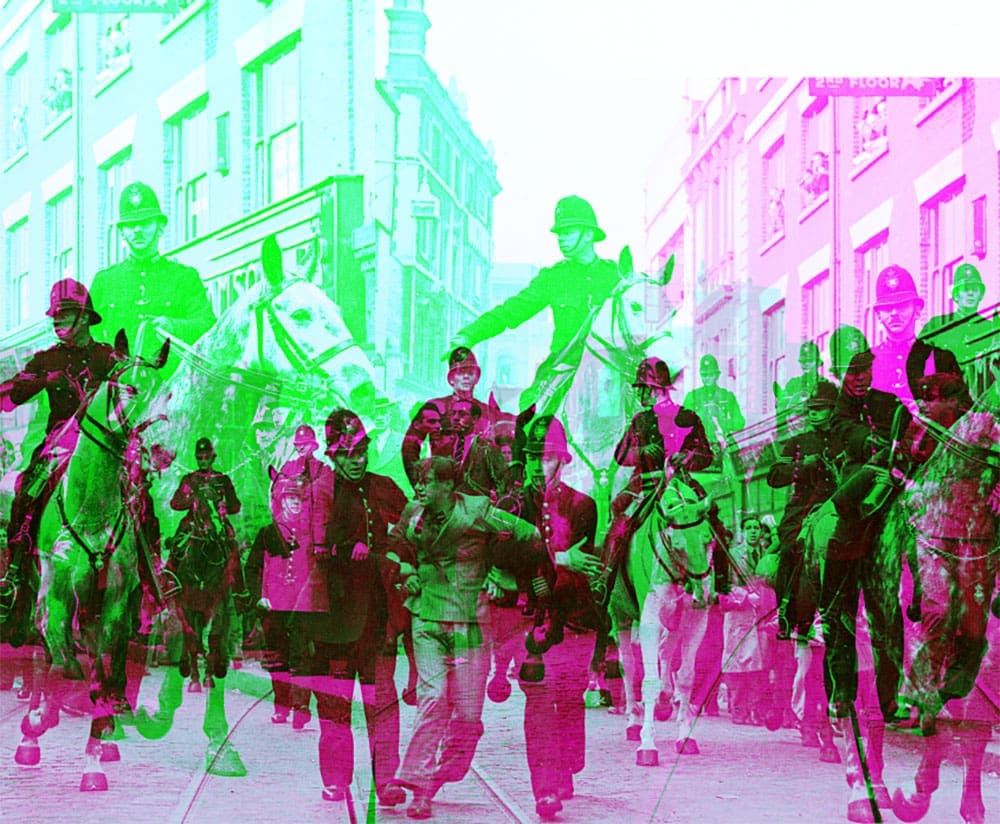
All of our content is free to access. An independent magazine nonetheless requires investment, so if you take value from this article or any others, please consider sharing, subscribing to our mailing list or donating if you can. Your support is always gratefully received and will never be forgotten. To buy us a metaphorical coffee or two, please click this link.
Table of Contents
Early Life: A Foundation in Activism
Born on June 1, 1915, in Dublin, Ireland, Max Levitas was the son of Jewish immigrants from Lithuania. His father, Harry Levitas, was a tailor, and his mother, Leah, was deeply committed to raising her children in a household that valued education and social responsibility. The Levitas family was part of a wave of Jewish immigrants fleeing persecution in Eastern Europe, and like many others, they brought with them a strong sense of solidarity and resilience. In 1927, the family moved to Stepney in London’s East End, an area known for its vibrant multicultural community but also for the grinding poverty and anti-Semitic hostility that many residents faced.
Levitas’ upbringing was steeped in socialist ideals, and his early exposure to the inequalities of the capitalist system had a profound effect on his worldview. His father’s commitment to trade unionism and activism influenced him deeply. In later years, Levitas reflected on the formative impact of his childhood, saying, “My father always taught us that justice and fairness were not optional, but necessary.” This belief became the cornerstone of his activism.
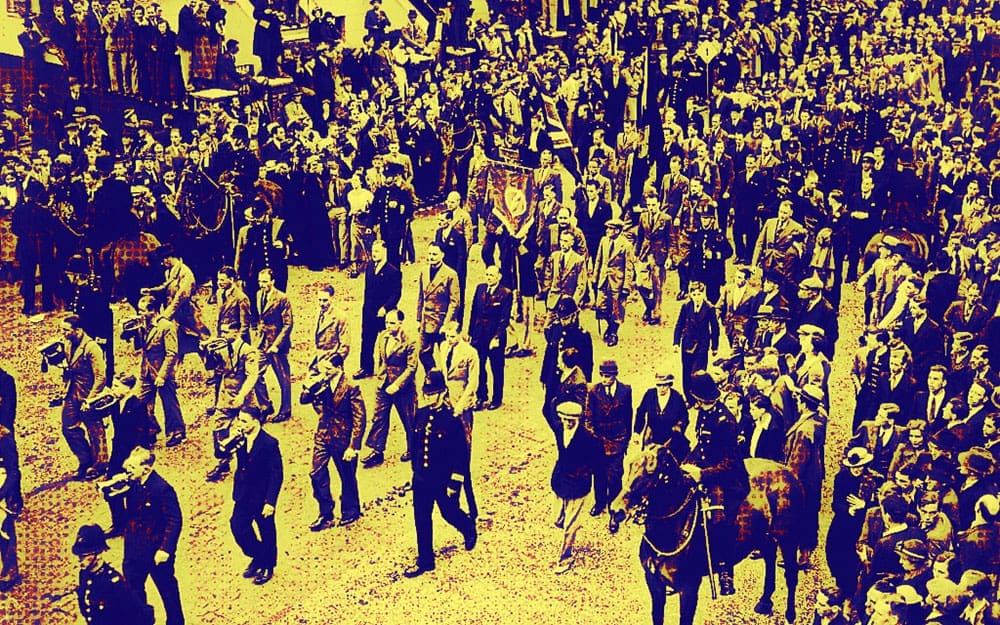
The Battle of Cable Street: A Defining Moment
Max Levitas is perhaps best remembered for his role in the historic Battle of Cable Street on October 4, 1936. This event was a watershed moment in the fight against fascism in Britain and a testament to the power of grassroots resistance. The British Union of Fascists (BUF), led by Oswald Mosley, had planned to march through the predominantly Jewish East End, seeking to provoke fear and division. Levitas, already active in local anti-fascist movements and the Young Communist League, was among the tens of thousands of East Enders who organized to stop the march.
The streets were alive with resistance as an estimated 250,000 people – Jews, Irish dockworkers, socialists, and communists – joined forces to block Mosley’s Blackshirts. Levitas played a key role in mobilizing the community, helping to distribute leaflets and rally support in the days leading up to the march. On the day itself, barricades were erected, and residents stood shoulder to shoulder, determined to prevent the fascists from entering their neighbourhood. The sheer scale and unity of the opposition forced the police to reroute Mosley’s march, marking a decisive victory for the anti-fascist movement.
Levitas later described the event as a defining moment in his life, stating, “It wasn’t just about stopping Mosley; it was about sending a message that our community would not tolerate hate or division.” The victory at Cable Street not only halted the rise of fascism in London but also galvanized a generation of activists, inspiring future movements against racism and inequality.
Political Career and Continued Activism
Levitas’ involvement in politics did not end with the Battle of Cable Street. As a committed member of the Communist Party of Great Britain, he remained active in local and national campaigns for workers’ rights, anti-racism, and social equality. In the post-war years, he became a prominent figure in East End politics, serving as a councillor for the London Borough of Tower Hamlets from 1945 to 1971.
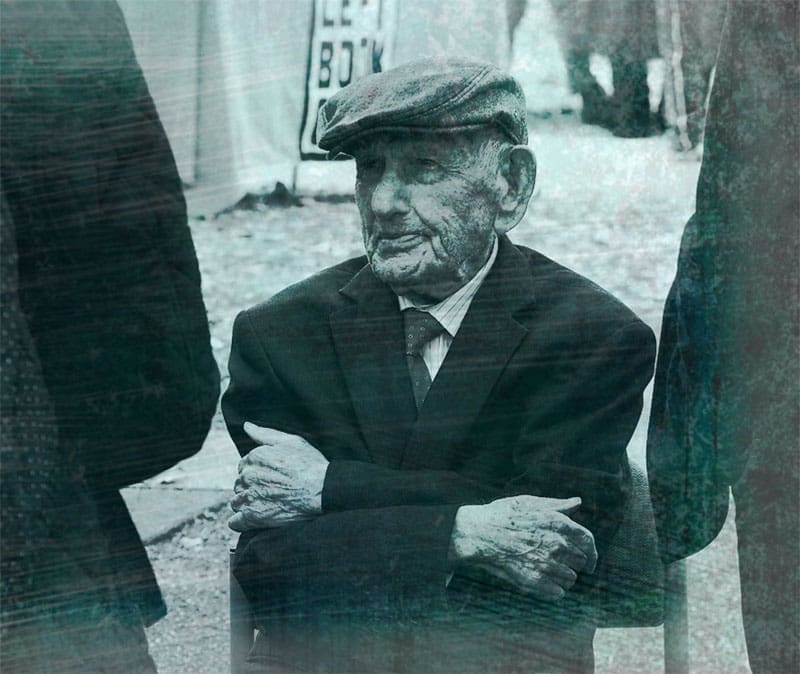
As a councillor, Levitas focused on addressing the needs of the working-class communities he represented. He championed affordable housing, better healthcare, and improved education, often clashing with authorities and landlords who prioritized profit over people. His approach was deeply rooted in the belief that local government had a moral obligation to serve its constituents. Levitas once remarked, “The fight for justice doesn’t stop at the barricades; it must extend to the council chamber and beyond.”
Despite his political affiliations, Levitas was widely respected across party lines for his unwavering commitment to fairness and decency. He maintained close ties with grassroots organizations, regularly attending protests, rallies, and community meetings. Even after stepping down from his role as a councillor, he remained a vocal advocate for social justice, particularly in the face of rising inequality and the resurgence of far-right ideologies in the late 20th century.
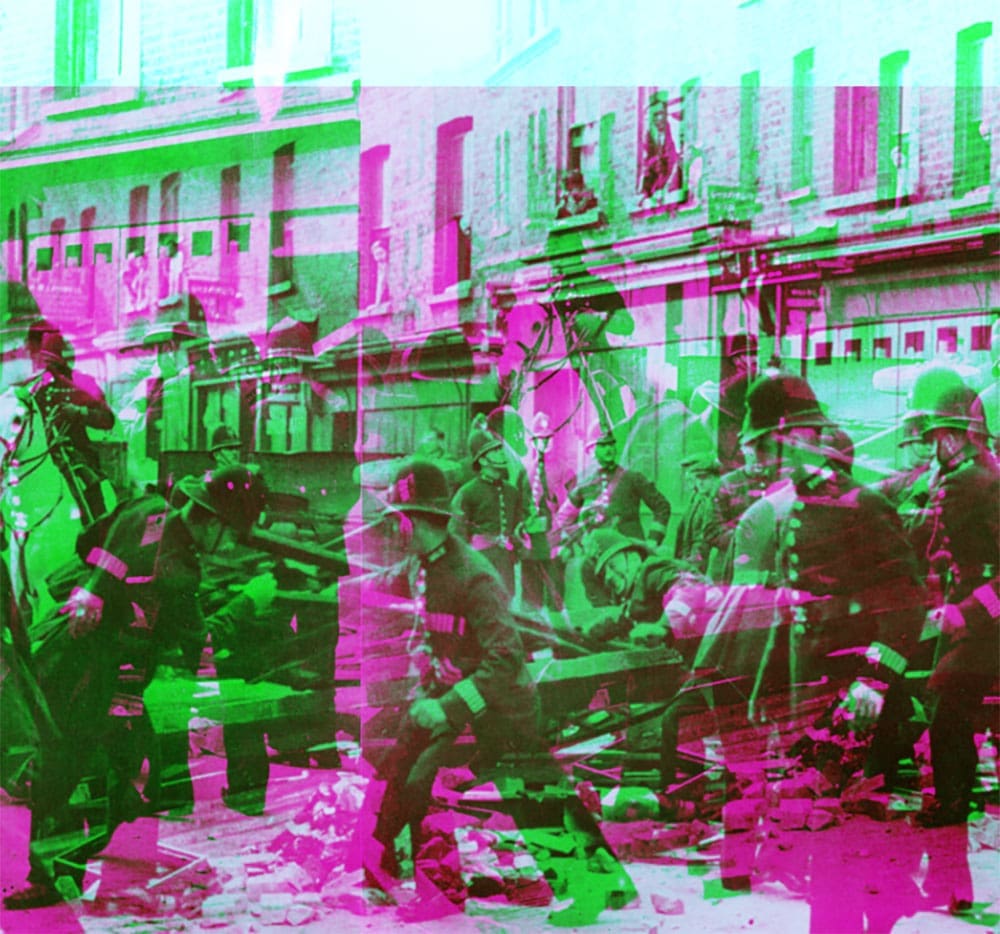
Impact on Society
The impact of Max Levitas on British society cannot be overstated. His leadership during the Battle of Cable Street demonstrated the power of unity in confronting hatred, while his long political career embodied the principles of servant leadership. Levitas’ work resonated beyond the East End, inspiring activists and ordinary citizens across the country to stand up for their beliefs.
Levitas also left an indelible mark on the fight against anti-Semitism and racism. At a time when such issues were often ignored or downplayed, his activism helped to bring them to the forefront of public consciousness. His efforts contributed to the broader anti-fascist movement in Britain, paving the way for subsequent generations to continue the fight for equality and justice.
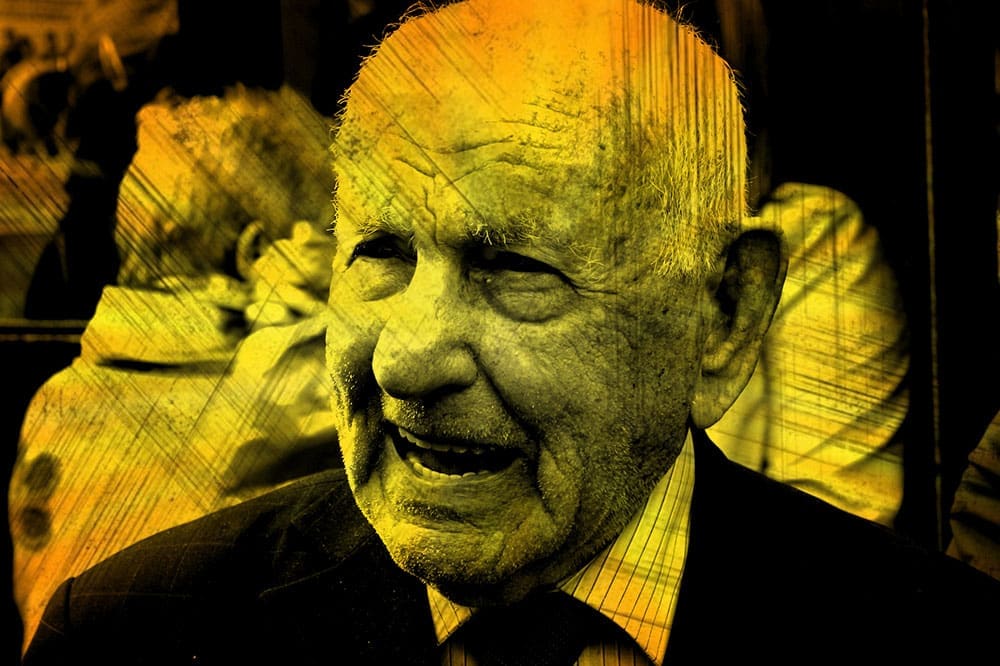
Legacy
Max Levitas passed away on November 2, 2018, at the age of 103, leaving behind a legacy of courage, compassion, and unwavering dedication to the cause of justice. His life serves as a powerful example of how ordinary individuals can effect extraordinary change. Today, his story is commemorated in the East End, where streets and community centres bear witness to his enduring influence.
Levitas’ legacy also lives on in the renewed interest in the history of the Battle of Cable Street, which remains a symbol of resistance against oppression. As historian David Rosenberg noted in his book Battle for the East End, “Max Levitas embodied the spirit of Cable Street – a spirit that rejected fear and embraced solidarity.” This spirit continues to inspire activists fighting against racism, inequality, and injustice in the modern era.
Max Levitas’ life stands as a testament to the enduring power of community and the belief that justice is always worth fighting for. His legacy serves not only as a historical lesson but also as a rallying cry for future generations committed to building a fairer, more inclusive world.


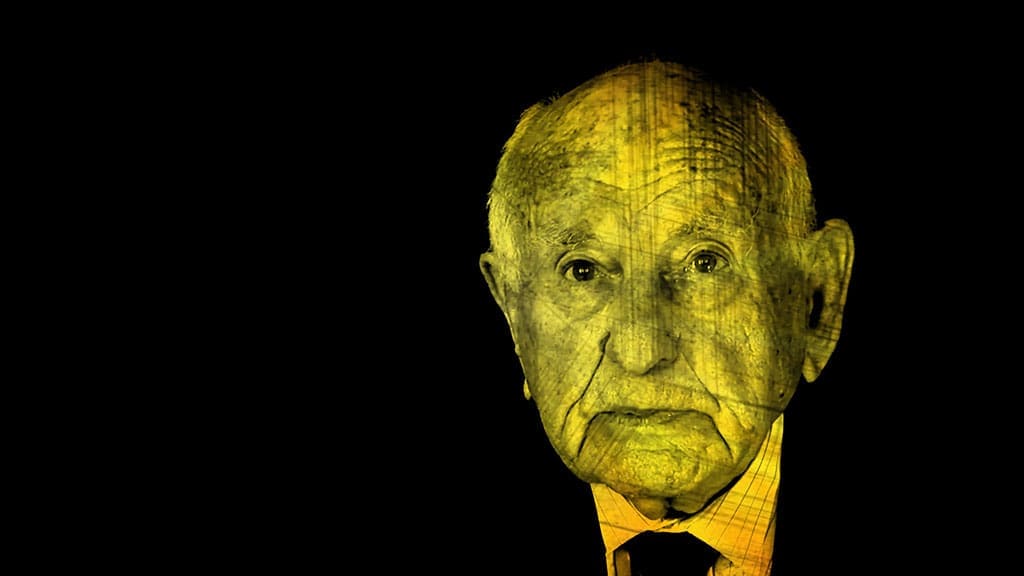
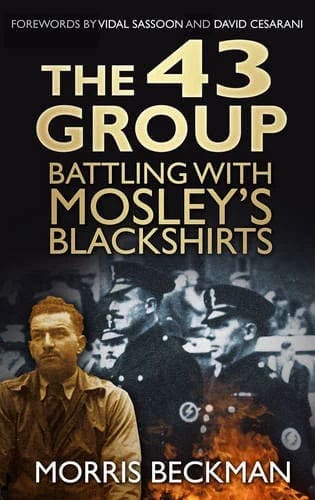
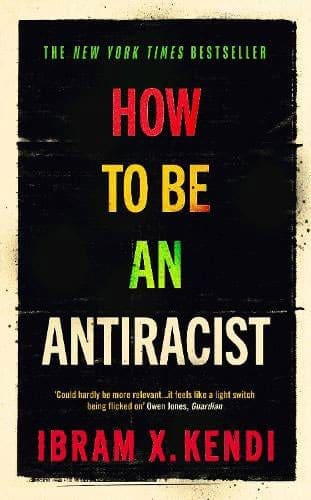










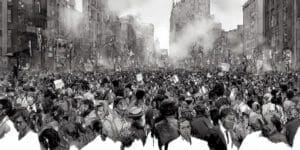








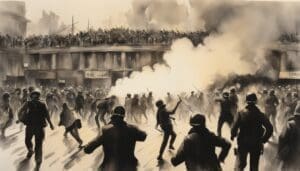









Leave a Comment